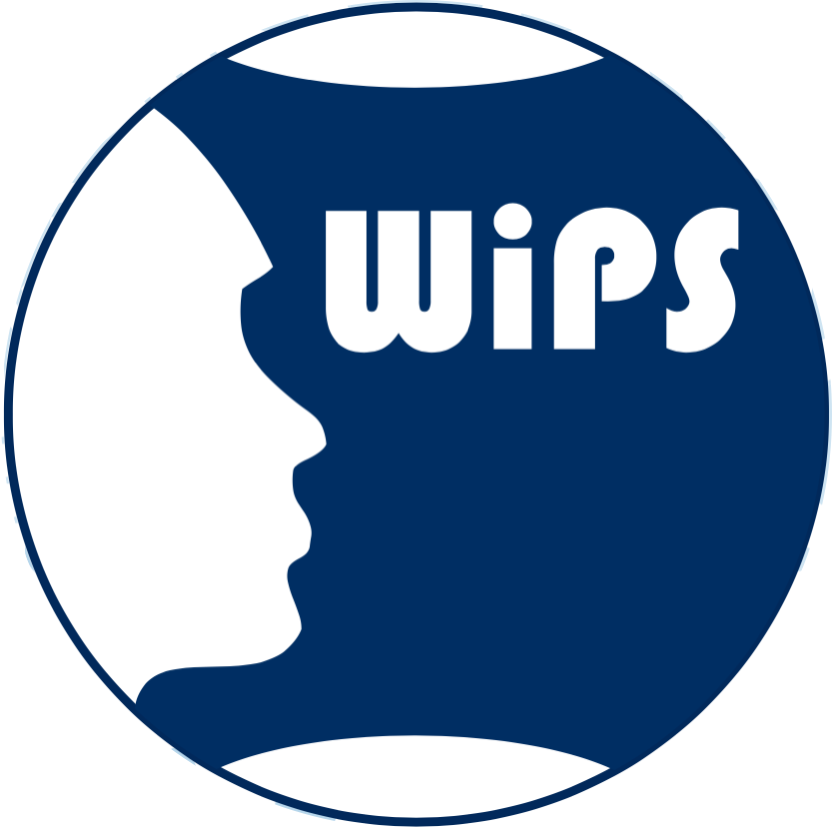Fernanda Cerdá, PhD
Facultad de Ciencias, Universidad de la República (Uruguay)

Fernanda in the BCAA (Scientific Artigas Antarctic Base, the Uruguayan Base) in one of the laboratories, with red containers visible in the window behind her. She is next to her first small panel based on dyes extracted from Uruguay's national flower.
What’s the work that you do?
My work is focused on exploring the use of dyes extracted from Antarctic algae or produced by Antarctic bacteria as light-harvesters in solar cells. Dye-sensitized solar cells offer an alternative to transform sunlight into electricity, and as they are translucent, they can be placed indoors. Dye-based solar panels can be installed inside the Bases next to the windows, and they can produce electricity the whole year, including winter time; as they are placed indoors, they cannot be covered by snow, unlike silicon-based traditional solar panels.
What keeps you going?
To work at the university is what I really love. It involves research, and that is the thing I most like to do. To find new answers to questions and always a new question to solve is a great motor to move forward! Antarctica is a special place to protect, and we are still in time to do it. So to explore the use and application of renewables is an exciting topic. Teaching is also included in my work: having the chance to be in contact with young people and with their passion is a way to spread your own messages and ideas, learning simultaneously from their fresh points of view.
What’s your message to the world?
Antarctica is a special place to protect, and we still have time to achieve it. Electricity is related to human survival in such parts of the planet: we need it to supply the scientific bases. But changing the energetic matrix must be a priority, and I would like to imagine a future without carbon-based fuels in Antarctica.
Organisation: Facultad de Ciencias, Universidad de la República (Uruguay)
Nationality:
Uruguay
Disciplines:
Connect:
